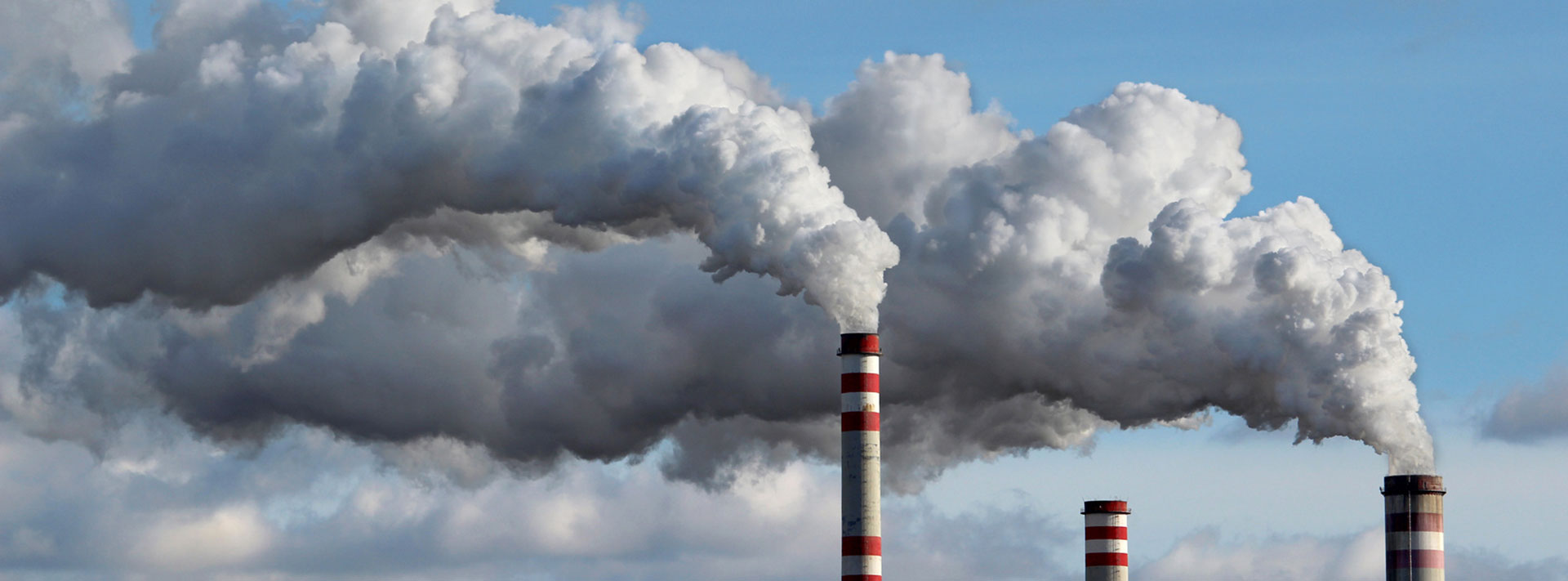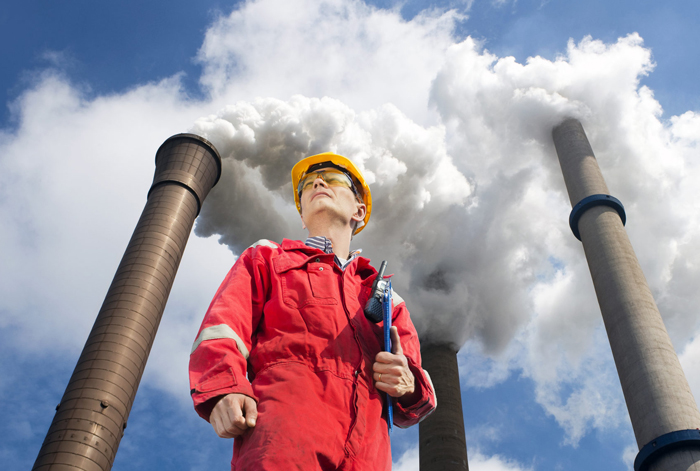




Imission measurements are carried out to ensure that businesses comply with legal regulations to measure, evaluate and document airborne emissions, including odor and micro pollutants. These tests support enterprises to meet environmental approval criteria.

Air emissions are subject to regulatory and environmental approval regulations. Environmental approval refers to the requirements for measuring and reducing exhaust, air emissions and odor in the air. If an entity does not meet these requirements, it may face legal sanctions. Imission measurements constitute an important parameter in corporate environmental policies.
Requirements depend on the expected environmental impacts of production activities. The competent authorities provide multi-faceted services in air emissions. Within this framework, companies are supported to comply with environmental legal regulations and approvals, business needs and difficulties are determined, necessary measurements are made, quality assurance of some automatic measurement systems are provided, recommendations are made for reducing the odor and nitrous oxide imitation values of enterprises and some modeling and calculations.
In general, very different imitation measurements are performed by advanced laboratories in the field of air pollutants and odors. For example, combustion gases (including carbon dioxide, carbon monoxide, nitrogen oxide, sulfur dioxide and methane), dust and powder components (including arsenic, lead, cadmium, chromium, copper, manganese, nickel, mercury, thallium and tin), asbestos and synthetic mineral fibers, organic compounds (including benzene, toluene, polycyclic aromatic hydrocarbons, aldehydes, phenols and amines), highly toxic compounds (including dioxins, furans and polychlorinated biphenyls), inorganic gases (including hydrogen chloride, hydrogen sulfide, chlorine and ammonia) ), organic silicone compounds and various odors are measured.
The methods and standards published by the domestic and foreign organizations are followed in the imission tests conducted by the competent authorities.
The application is received, the contract and then the product, vehicle and vehicles for which, what kind of service is determined exactly.
The necessary laboratory environment is prepared and the products, tools and instruments requested by the organization are tested by experts with the reference of the existing standards and measurements are made.
The data obtained as a result of meticulously completed tests, measurements and analyzes are evaluated and accredited approved reports are submitted by expert engineers.
To get an appointment, to get more detailed information or to request an evaluation, you can ask us to fill in our form and reach you.